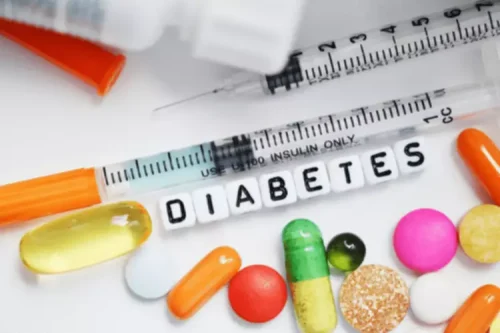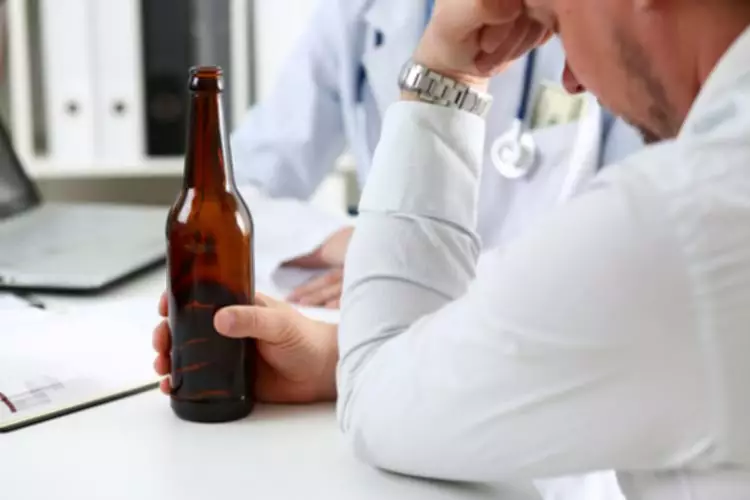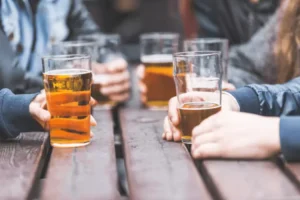
As individuals continue to drink alcohol over time, progressive changes may occur in the structure and function of their brains. These changes can compromise brain function and drive the transition from controlled, occasional use to chronic misuse, which can be difficult to control. The changes can endure long after a person stops consuming alcohol, and can contribute to relapse in drinking.
- Peers play an enormous role in addiction susceptibility, especially among teens and young adults; most people use drugs for the first time as teenagers.
- Alcohol withdrawal symptoms can appear as soon as eight hours after a person’s last drink.
- Disulfiram (Antabuse) may be an option for people who want to try a drug to help prevent them from drinking.
- Further, by changing the responsiveness of dopamine receptors, methamphetamine blunts the experience of reward from normal sources of pleasure.
- A certain addiction treatment program may work for someone but may not necessarily work for another person.
Inability to stop drinking
Another would be a college student who repeatedly has trouble making it to class because she was drunk the night before. These individuals, sometimes called “almost alcoholics,” may not see the connection at first but would often benefit from help and support. U.S. dietary guidelines define a moderate, low-health-risk alcohol intake as one drink or less per day for women and two or less for men. Our Heartland drug rehab offers alcoholism treatment that incorporates medically assisted care and psychotherapy to support the individual in their physical and mental recovery. We also offer family therapy to help spouses, children, and parents heal from the impact of addiction and learn how to best support their loved ones.
Experiencing withdrawal
NBC News spoke to eight nutritionists and doctors about the risks and supposed benefits of alcohol. They generally agreed that abstaining is healthiest, but that for most people, a modest level of drinking doesn’t carry significant risk. Withdrawal symptoms appear when the body’s need for alcohol isn’t met. This usually happens when an alcoholic decides to why do people become alcoholic suddenly stop drinking or has not consumed alcohol for a long period of time. If individuals are able to monitor their alcohol intake in a healthy, recommended manner, this can prevent them from experiencing the many potential hardships that can follow alcohol abuse. End-stage alcoholics are also at a high risk of dying from accidents, trauma and suicide.

news Alerts

Risk factors are conditions or experiences that can increase the chance or probability that an individual will develop a specific disease or disorder. Simply having a risk factor does not ensure that a person will develop the condition. Many people have significant risk factors for diseases or disorders and never develop them.
- They should also have proactive strategies to avoid dropping out, involve the family in treatment, employ qualified and certified staff, and be accredited by an external regulatory organization.
- The end-stage alcoholic suffers from a host of physical problems, including severe damage to vital organs such as the liver.
- Some people drink heavily all day, while others binge drink and then stay sober for a while.
- However, in addition to chronic drinking, there are many components that make one person more likely to abuse alcohol than another.
- Cirrhosis of the liverOur liver filters out harmful substances, cleans our blood, stores energy and aids in digestion.
Our focus has been on inflation rising – while other posts include Wizz Air launching a £445 subscription. Leave a comment on any of the stories we’re covering in the box below – we round them up every Saturday. If you or someone you know drinks alcohol, it is important to bring intention to the quantity that you consume, with knowledge of what is considered heavy or risky alcohol use. BetterHelp can connect you to an addiction and mental health counselor. People who misuse alcohol have repeatedly tried to stop drinking but have also repeatedly failed. Depression and alcohol use also have a complex, bidirectional relationship.

In addition, risk factors are cumulative, such that having more than one risk factor significantly increases the probability that one may develop a specific disease or disorder. See your doctor if you begin to engage in behaviors that are signs of alcohol use disorder or if you think that you may have a problem with alcohol. You should also consider attending a local AA meeting or participating in a self-help program such as Women for Sobriety. You may need to seek treatment at an inpatient facility if your addiction to alcohol is severe. These facilities will provide you with 24-hour care as you withdraw from alcohol and recover from your addiction.
- Studies show that repeated use of a substance (or an activity), encouraged by a surge in dopamine, creates changes in the wiring of the brain—and those changes are reversible after drug use stops.
- He believes in the value of hard work and dedication to overcoming mental illness and will help his patients to achieve their mental health goals.
- People working high-stress jobs or with stressful home situations are more likely to develop alcoholism.
- Heavy drinkers may experience tremors, panic attacks, confusion, hallucinations, and seizures.
Health professionals counsel the person and family about the nature of addiction and help the person find positive alternatives to using alcohol. Health professionals also help the individual cope with any related problems, such as depression, job stress, legal consequences of drinking, or troubled personal relationships. With so many effects on the body, the usual first step in treating alcoholism is detox—or getting alcohol out of your system.
Impact on your health
- When alcohol is not present, individuals may experience uncomfortable symptoms such as restlessness, tremors, headache, nausea, vomiting and insomnia.
- Outpatient treatment provides daily support while allowing the person to live at home.
- There are effective ways to treat this disease and steps you can take to help a loved one enter recovery.
- Dopamine is the neurotransmitter activated by rewarding activities as a way of increasing the likelihood of engaging in such activities in the future.
- “Estimates of the health benefits from alcohol have been exaggerated while its harms have been underestimated in most previous studies,” Stockwell continued.
- An example would be a father who falls asleep on the couch after having several drinks three or four days a week, missing out on time with his kids and wife.